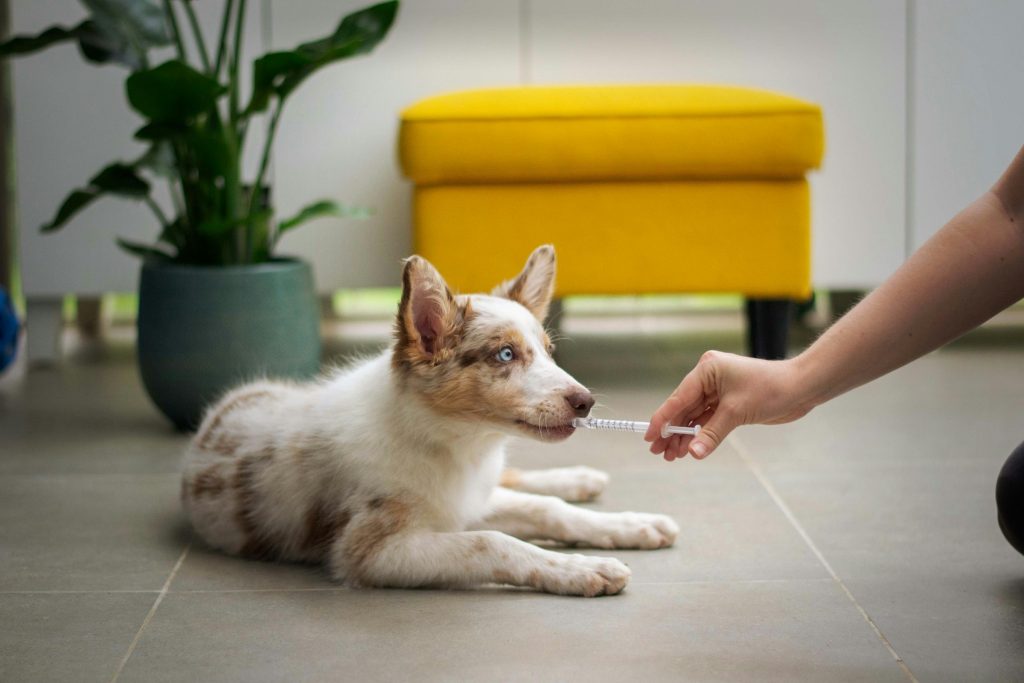
5 Preventive Pet Care Habits That Save You Money
Preventive pet care isn’t just about keeping your dog or cat healthy — it’s one of the smartest ways to avoid big vet bills. From dental hygiene to parasite protection, these simple habits can save hundreds (or thousands) over your pet’s lifetime.
1. Don’t Skip Yearly Checkups
Catching issues early is almost always cheaper than waiting for symptoms. This VCA guide shows how regular exams can help prevent more costly treatments later — and the same goes for your cat, too.
2. Brush Their Teeth
Dental disease is one of the most common — and expensive — conditions in pets. A few minutes of brushing each week can save hundreds on cleanings. The Veterinary Oral Health Council lists safe and effective dental products for home use.
3. Stay Ahead of Fleas and Ticks
Treating infestations is far more expensive (and stressful) than preventing them. Monthly flea and tick preventives are a must, especially if you live in warmer or wooded areas. PetMD offers great advice on prevention and products.
4. Prioritize Daily Exercise and Play
Obesity, boredom, and anxiety can all lead to costly health issues or destructive behaviors. Regular walks, interactive toys, and mental stimulation keep your pet healthy — and help avoid vet visits due to stress-related problems.
5. Get Annual Parasite Tests and Vaccines
Don’t skip those stool tests or annual boosters. Heartworms, intestinal parasites, and viruses are cheaper (and easier) to prevent than treat. Your vet can help tailor the right schedule for your region and your pet’s lifestyle.
Bottom line? Preventive care pays off. These small habits can add years to your pet’s life — and keep your vet costs predictable and low. A little effort now means fewer emergencies (and bills) down the road.
Frequently Asked Questions
Yes — even indoor cats need vaccines, parasite checks, and dental care. Problems often go unnoticed until they’re advanced.
Ideally several times a week, starting with short, positive sessions. Use a vet-approved toothpaste made specifically for pets.
As early as possible. Puppies and kittens benefit from early checkups, parasite prevention, and routine training to avoid long-term problems.

Join the Busy Pet Parent Newsletter!
Get easy routines, time-saving tips, and the latest gear reviews—delivered straight to your inbox.
Perfect for busy pet owners, apartment dwellers, and anyone who wants a happy, healthy companion (without the stress).
Exclusive guides & checklists
Product recommendations & deals
No spam—unsubscribe anytime!




